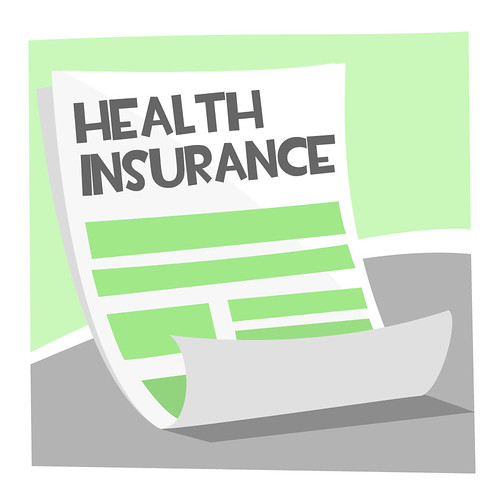Health insurance can save you a ton of money in the long term. You need to be sure to ask certain questions before you purchase health insurance. Research is key when getting the best coverage for you. The following tips will help tell you what you need to know before buying any health insurance.
Health Insurance
When choosing health insurance, it is important to know what your coverage will encompass. When you have a health insurance plan that will cover incidents like this, it can make a huge difference when you have to pay for things during you downtime.
If you have recently graduated from college and you need health insurance, you have a couple options. If you are employed, you can get health insurance through your job. You can get on your parents’ insurance if you’re under 26, in which case, you can also use that time to research plans.
You might be able to save cash on health insurance if your employer has a wellness program available. More and more companies are starting to offer incentives to employees who agree to have a health and lifestyle assessment. Fitness regimens might be available to you that can cut down on corporate insurance costs, as well as your personal premiums.
When it’s time for open enrollment, evaluate your needs when it comes to health insurance. Even if a certain plan fit you well in the past, your needs may have changed, thus, you need different coverage. Use this time to look into your dental and vision coverage as well.
Individual policies may have higher expenses than those offered by group plans. You might have to get a policy with a higher deductible, less coverage, or both. Look around for the best rates and coverage.
You should review your prescription coverage every year. Which medications are covered by your insurer, and which are not, can change regularly. Make sure you are aware of any changes your policy may be making before you decide to sign up again. If a pill you are using every day is no longer covered, you might want to switch to another insurance company.
Don’t expect your health care policy to be straightforward. Learn all the exceptions in your policy so that your insurance company won’t deny you benefits you thought you were entitled to based on a loophole. Carefully read your policy, so that you will not feel surprised if your insurance denies a claim. Be aware of what items you are required to pay for out of pocket and be prepared to do so.
Do not ever openly volunteer unsolicited information when your potential medical insurance provider calls in regards to your application. Answer only questions which are directly asked. Any extraneous information you throw into the conversation will get recorded by them, and could come back to haunt you later in the form of higher premiums or even total denial of coverage.
Keep in mind that insurance is something that’s regulated state-by-state, so you cannot purchase insurance from another state because of interstate commerce laws. Depending on your plan, a trip to the ER in another state may not be covered. Make sure to check with your insurance provider about these gray areas.
Remember that some employers will incur extra charges for sponsoring spouses that could get their own insurance. Perhaps getting two separate plans through the respective employers would be more affordable, so calculate both options.
Read over your health care handbook and it will give you a lot of knowledge that will be helpful in the future. This is the best way to get a clear idea of everything covered by your policy and find out more about the advantages linked to it. Even though parts of the manual may not be exactly riveting, it’s still important for you to absorb all of the information within it.
By now you should understand the importance of knowing what to ask about health insurance. Doing your homework yields serious dividends when it comes to picking the right provider and policy. Use the advice you have read in this article to assist you in making good choices.

